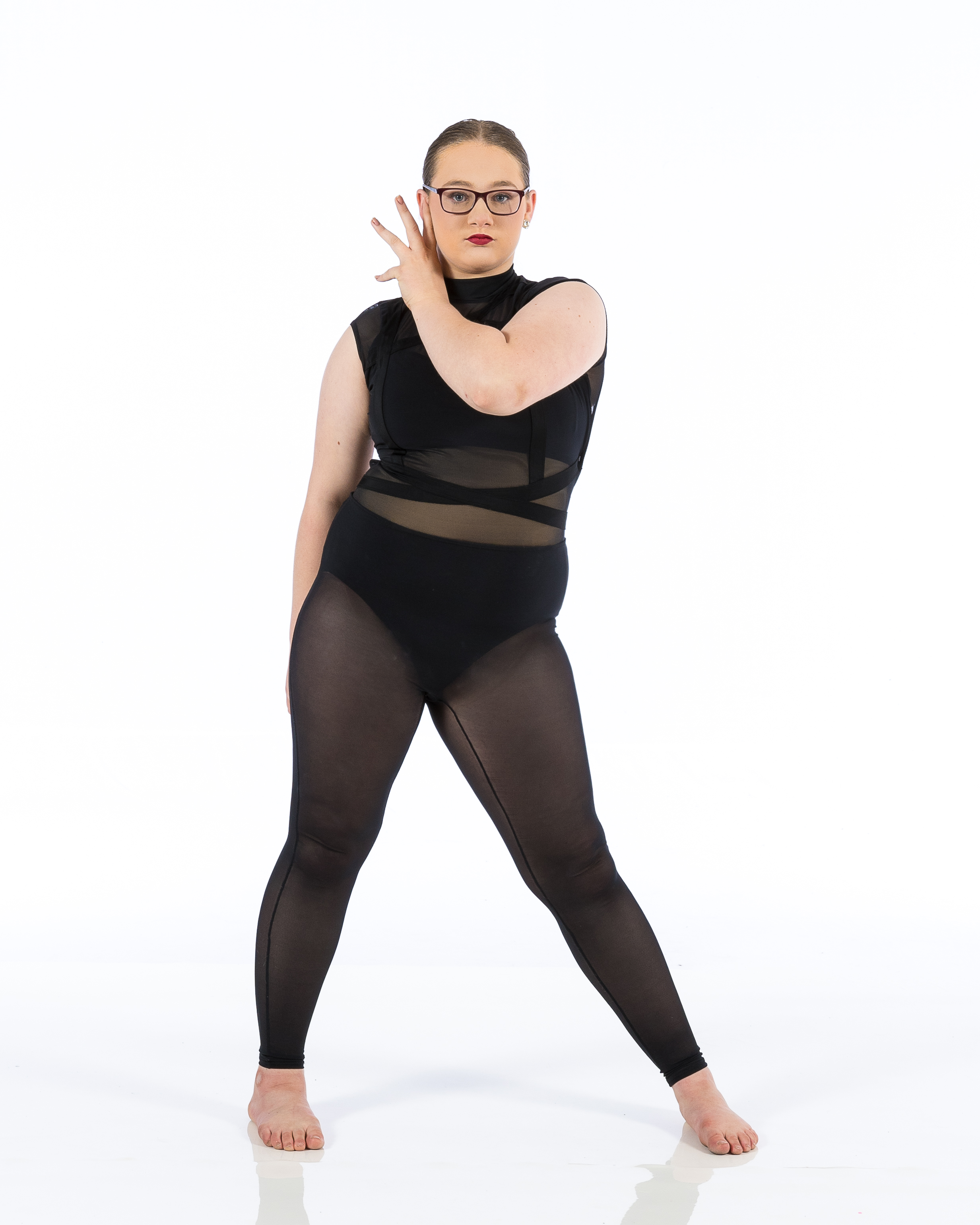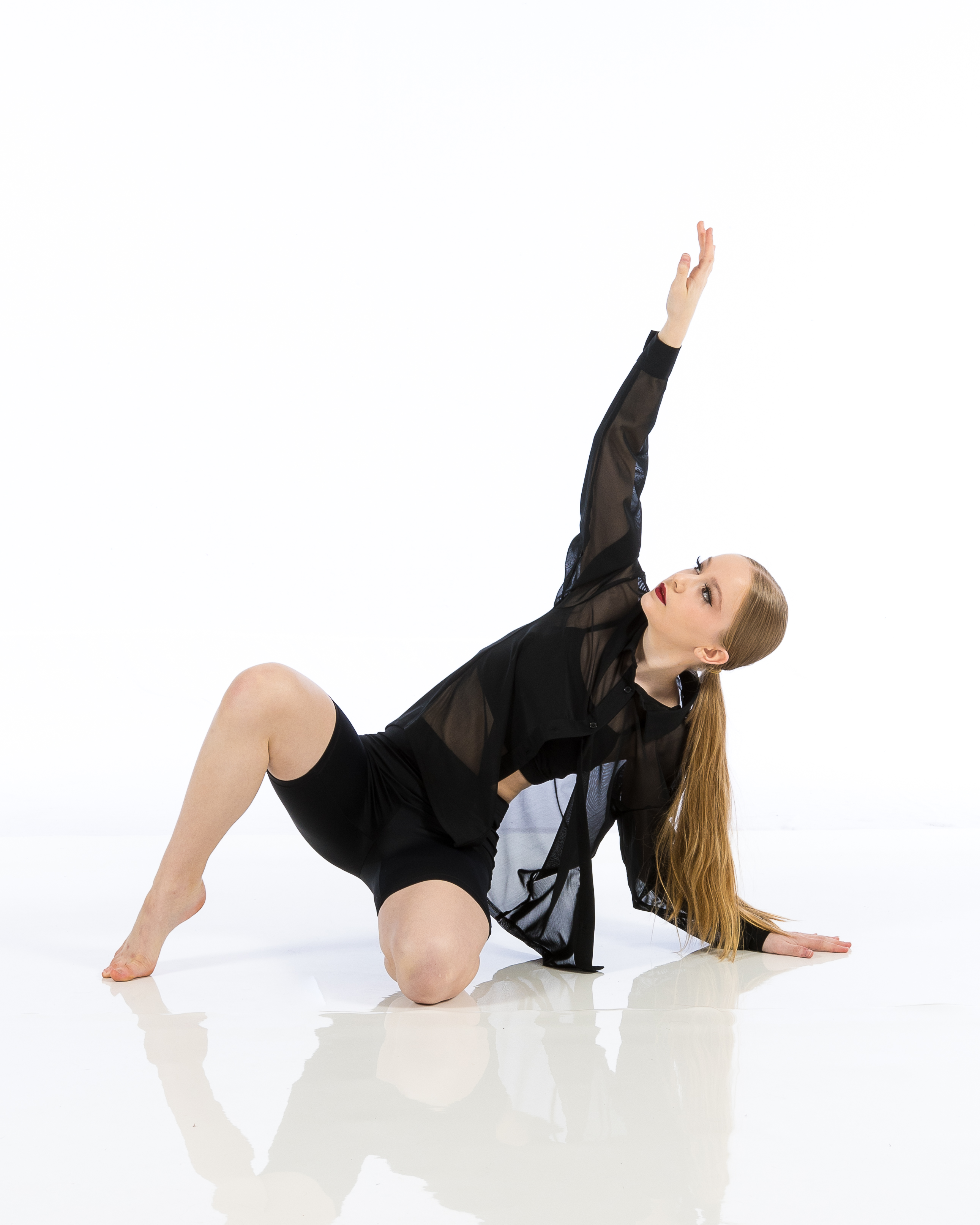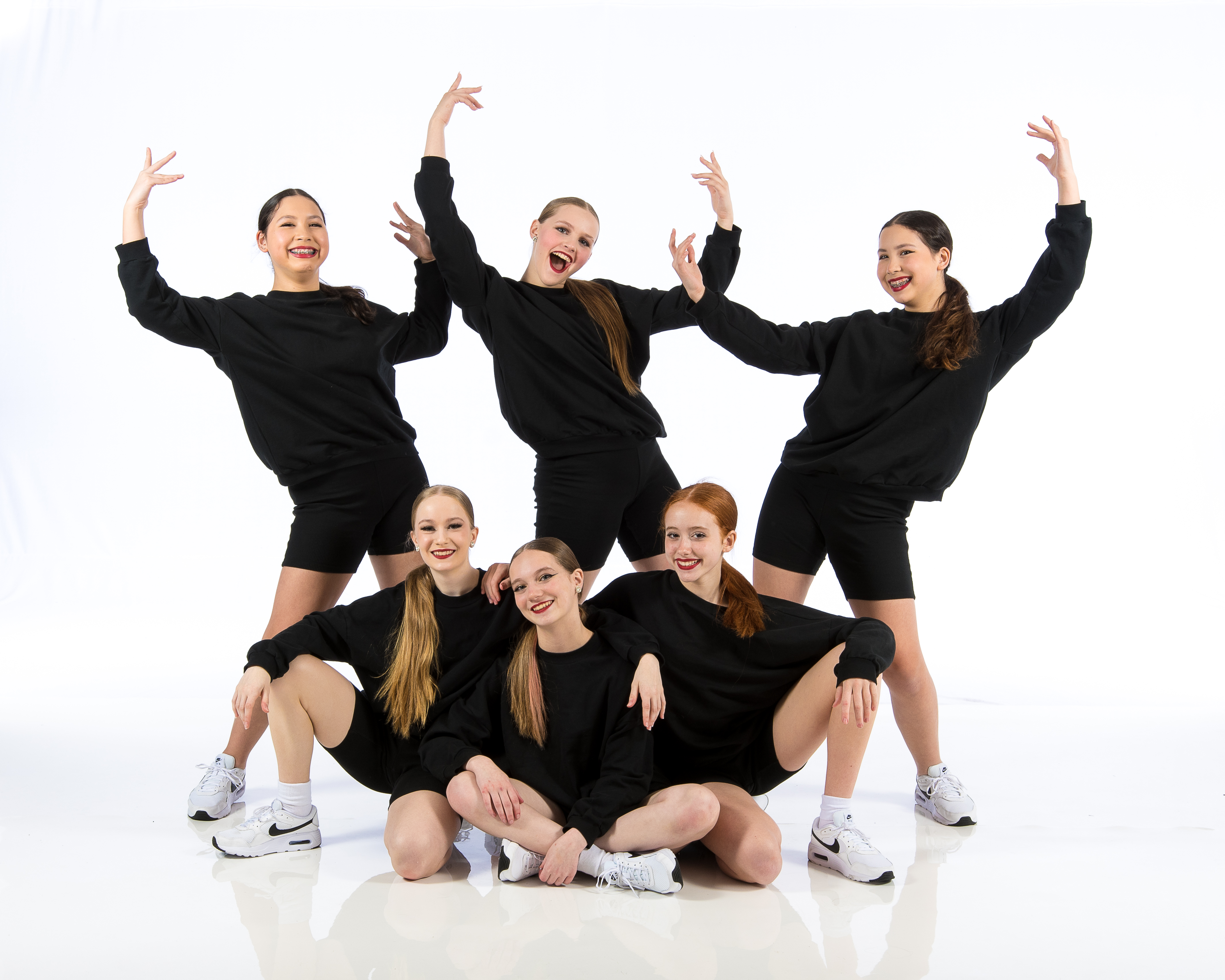Introduction
Dance is an art kind that transcends barriers, joins areas, and ruptureds with the vitality of human expression. Whether you're a budding dancer entering a dance studio for the very first time or a knowledgeable entertainer looking to refine your craft, comprehending dance studio decorum is necessary for guaranteeing a favorable experience. This considerable overview titled From Newbie to Specialist: Browsing Dance Studio Rules for an Unified Experience will certainly take you with every element of dance studio actions, giving understandings that will elevate your experience and foster more powerful partnerships within the dance community.

Understanding Dance Studio Etiquette
What is Dance Studio Etiquette?
Dance workshop decorum refers to the collection of unwritten rules and social standards that govern habits in a dancing classroom setting. Just like any various other artistic atmosphere, respecting these standards can improve not just your discovering experience yet additionally that of your peers.
Why is Dance Studio Etiquette Important?
Adhering to correct etiquette helps create an ambience of respect, focus, and partnership. It cultivates a sense of area and enables professional dancers to sustain each various other in their development while minimizing diversions throughout class.
From Amateur to Specialist: The Significance of First Impressions
Preparing for Your Very first Class
Walking into a dance studio for the first time can be nerve-wracking. To make a remarkable impression:
- Dress properly: Wear comfortable clothing ideal for the type of dance you're studying. Arrive early: Objective to get to the very least 10-- 15 mins prior to course starts. This provides you time to check in, warm up, and resolve in.
Greeting Your Instructor
A friendly welcoming sets the tone for your experience. Constantly introduce on your own if it's your fabulous! A basic "Hey there" or "Good morning" can go a lengthy means in developing rapport.
Classroom Conduct: The Do's and Do n'tshtmlplcehlder 46end.
Do's: Positive Behaviors
Be Respectful: Respect everybody's personal room-- specifically when exercising moves. Listen Actively: Program attentiveness when teachers are speaking; it reveals you value their guidance. Support Your Peers: Motivate fellow dancers; positivity breeds encouragement.Don'ts: Negative Behaviors
Avoid Disturbances: Keep individual discussions outside the classroom. Don't Use Your Phone: Silence your phone during class; it's disruptive. Refrain from Interrupting: Wait till the teacher finishes prior to asking questions.The Duty of Individual Room in Dancing Studios
Understanding Boundaries
Personal space differs from person to person, particularly in a dancing setting where physical distance is commonly essential throughout technique routines.
Communicating Convenience Levels
If you feel awkward with exactly how close one more professional dancer is obtaining during partnered workouts or developments, it's critical to connect this pleasantly and professionally.
Maintaining Professionalism and reliability: Gown Code and Grooming
Importance of Proper Attire
Each dance design usually has its own dress code-- whether it be leotards for ballet or baggy clothes for hip-hop courses-- sticking to these criteria demonstrates respect for both your craft and your instructor.
Personal Health Matters
Dancing needs physical exertion, which can lead to perspiration. Ensure you preserve excellent health by showering before class and putting Dance Academy on clean attire.
Behavior During Course: Concentrating On Learning
Engaging with Instruction
It's crucial to stay concentrated throughout demonstrations. Instead of merely enjoying, actively engage by picturing how you would implement each movement.
Asking Inquiries Appropriately
Curiosity improves learning! If something isn't clear, feel free to ask questions-- however guarantee they matter and positioned at suitable times (ideally after directions).
Feedback: Welcoming Positive Criticism
Accepting Comments Gracefully
Constructive objection is part and parcel of growth in any kind of art form. Embrace responses with an open mind and prevent ending up being defensive; keep in mind that critique intends to assist improve your skills!
Offering Responses Thoughtfully
When providing responses to peers, guarantee it's positive as opposed to essential; focus on what they succeeded alongside locations for improvement.
Creating Consistency With Teamwork
The Significance of Group Spirit
In several dancing designs, synergy plays a critical duty; developing friendship with fellow dancers causes improved performances.
Collaborating Throughout Team Exercises
When associated with team jobs or choreography methods, encourage creative thinking by valuing everyone's ideas while also adding your own constructively.

Handling Problems Gracefully
Addressing Arguments Maturely
Conflict might arise due to misunderstandings or differing opinions on choreography selections. Tackle these problems privately instead of openly broadcasting complaints which can interfere with course harmony.
Seeking Mediation When Necessary
If problems escalate past personal resolution initiatives-- seek guidance from teachers who can mediate successfully based upon their experience dealing with similar situations.
Post-Class Decorum: Leaving on a Great Note
Thanking Trainers After Class
Always reveal gratefulness in the direction of your trainer after lessons; this strengthens favorable partnerships while acknowledging their tough work!
Keeping the Workshop Clean
Whether it's grabbing water bottles or neatly preparing props post-class-- maintaining sanitation lionizes for shared rooms utilized by all dancers!
Engaging Beyond Class Time: Structure Community Relationships
Joining Social Events
Participate in social events organized by studios such as displays or open houses-- these events use chances for networking while boosting community ties outside organized lessons!

Supporting Fellow Dancers' Performances
Attending peers' efficiencies demonstrates uniformity within the dancing neighborhood-- it encourages involvement past plain participation at classes!
Frequently Asked Questions (FAQs)
1. What need to I put on for my first dance class?
Choose comfy attire appropriate for the specific style you're taking (e.g., leotards for ballet). Constantly inquire about outfit codes beforehand!
2. Is it alright to chat throughout class?
It's best method not to participate in side conversations throughout instruction as this distracts both trainers & & fellow students alike!
3. Exactly how do I take care of sensation overwhelmed?
Take deep breaths & & advise on your own that every dancer started somewhere! Interact any fight with trainers who may give additional support if needed!
4. What happens if I differ with choreography choices?
Express issues pleasantly either independently or within marked feedback sessions rather than honestly critiquing throughout rehearsals; maintaining professionalism and reliability aids resolve arguments amicably!
5. Must I bring water right into the studio?
Definitely! Staying hydrated boosts efficiency levels; simply ensure containers are securely shut so spills do not occur on floors where others are dancing!
6. How important is punctuality?
Preparation is vital as showing up late interferes with focus levels while triggering interruptions; goal always get here early enough permitting time workout correctly before courses commence!
Conclusion
Navigating via a dance studio environment can seem daunting at first look but mastering appropriate decorum ultimately changes one's trip from amateur status towards experienced degree virtuosity! By sticking very closely well-known actions outlined throughout this guide titled From Amateur To Expert: Browsing Dance Studio Rules For An Unified Experience *, you'll grow indispensable friendships within communities enriched creative thinking while honing technological expertise along with appreciated coaches! So lace up those footwear with confidence tip onto that floor-- the world awaits your distinct expression through movement!